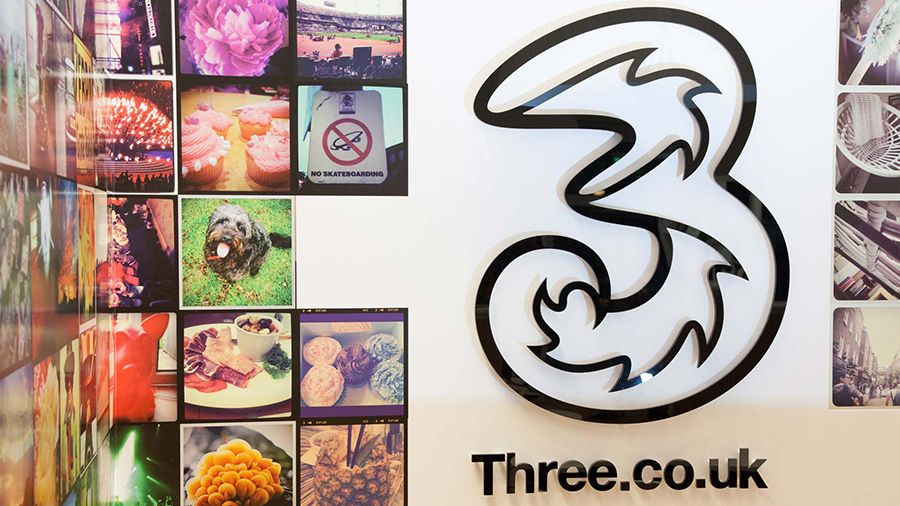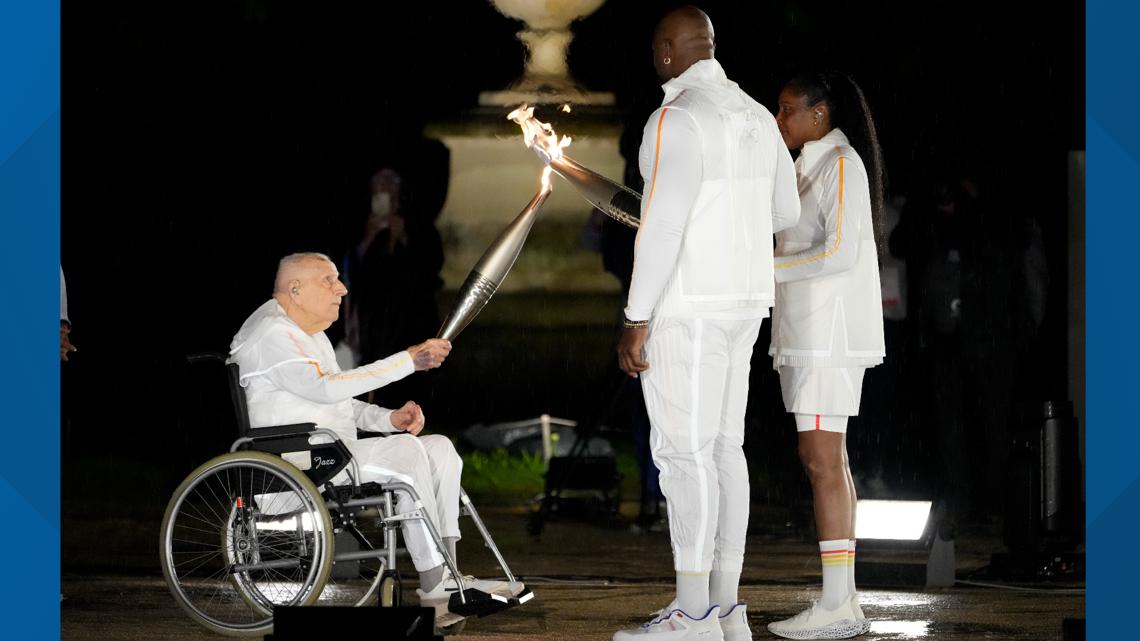
The planned merger between Vodafone and Three is set to face an “in-depth investigation” from the UK’s competition watchdog over fears the deal may negatively affect the market.
The Competition and Markets Authority (CMA) has confirmed it will be holding a further probe into the planned £15bn/$19bn merger.
In its announcement, the CMA said the action was taken after an examination of current information which it says brought it to the conclusion that the deal, “may be expected to result in a substantial lessening of competition within a market or markets in the United Kingdom.”
Vodafone-Three probe
The announcement follows a warning in March 2024 that the CMA was set to launch a further investigation into the deal unless Vodafone and Three could provide “meaningful solutions” to initial concerns surrounding the deal.
Chief among the worries is that the deal, which would take the number of major mobile operators in the UK from four to three, would particularly harm smaller MVNOs, who may find it harder to negotiate good deals for their customers from a shrinking pool of providers.
The two networks had anticipated the CMA’s move but said they remained confident the merger will deliver “significant benefits for competition, customers and the country.”
The CMA has set a deadline of September 18, 2024 to complete its investigation.
The merger was announced in June 2023, with plans to form a new £15bn-valued telco giant and “create one of Europe’s leading 5G networks.”
Vodafone was set to be the slight majority owner of the new combined group, currently known as MergeCo, controlling 51%, with CK Hutchinson keeping the remaining 49%.
The two companies were also keen to highlight the advantages of combining their two 5G networks for consumers and businesses alike, with MergeCo intending to invest over £6 billion in the first five years, and £11 billion over a ten year plan, to create a best-in-class 5G network, supporting between 8,000 and 12,000 new jobs in the wider economy.
MergeCo also expects to deliver up to £5 billion per year in UK economic benefit by 2030, supporting the digital transformation for schools, hospitals and businesses, with its standalone 5G network will cover every school and hospital in the UK by 2030, helping deliver the Government’s stretch ambition as set out in the Wireless Infrastructure Strategy.














